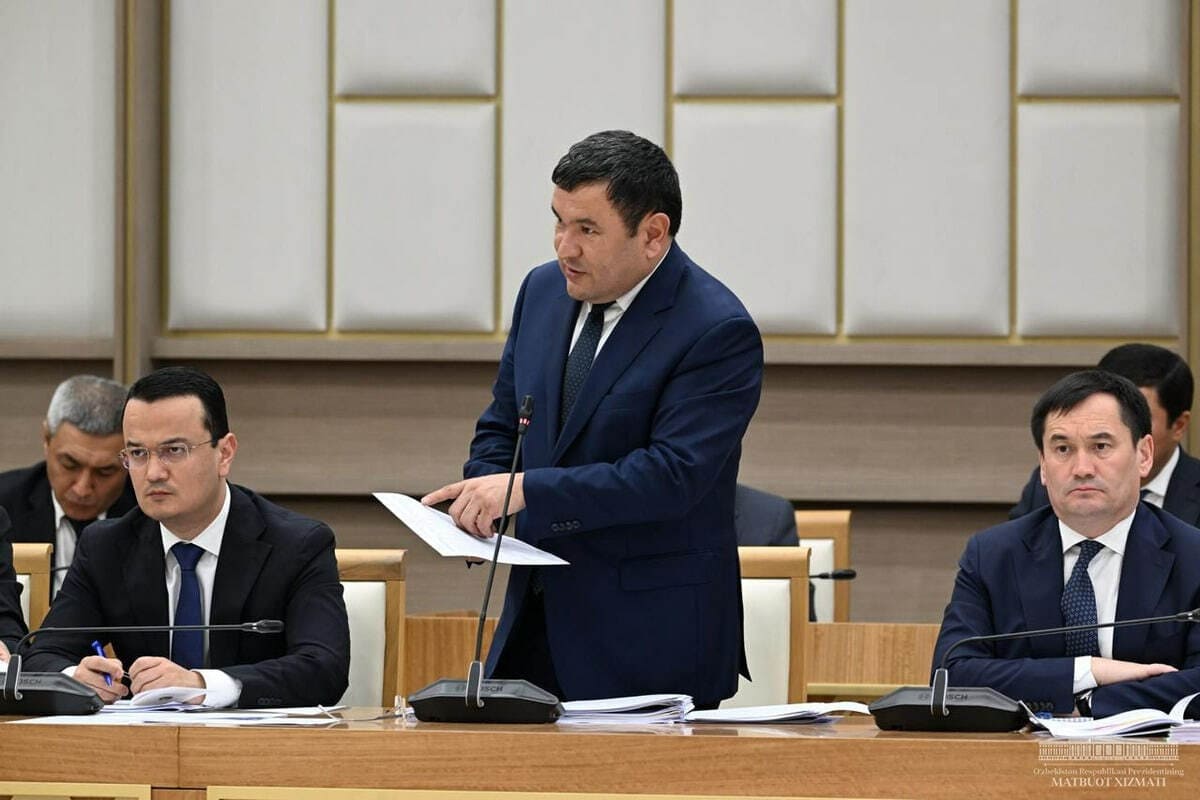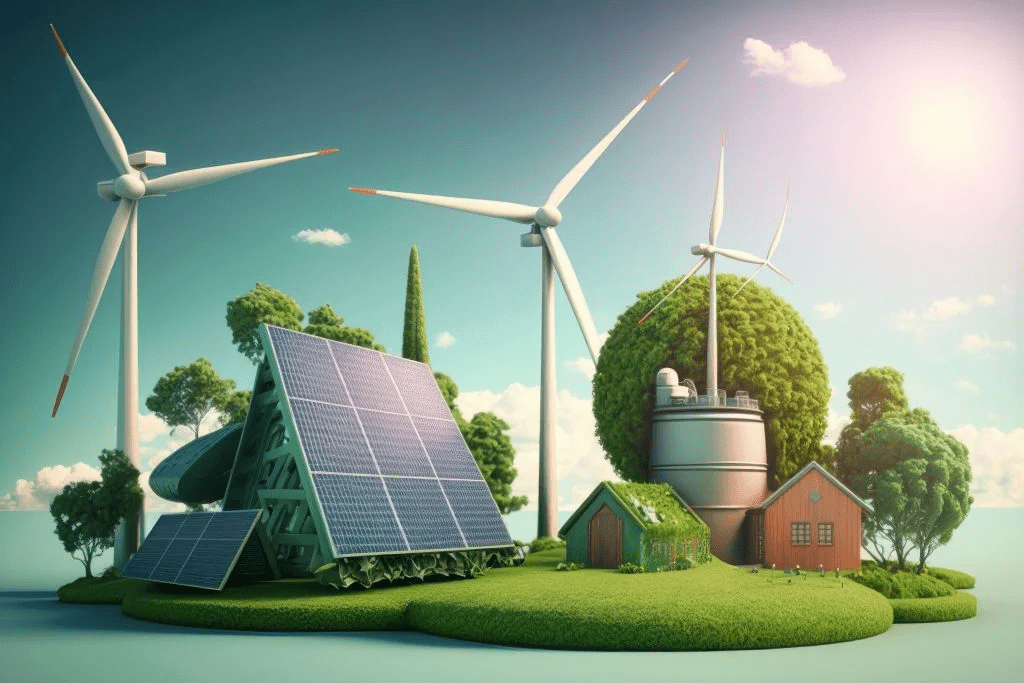Uzbekistan aims to eliminate limitations on tax benefits for solar panel installations, reinforcing its commitment to expanding green energy across the country. This decision comes as President Shavkat Mirziyoyev addressed the socio-economic development of the Bukhara region, where he announced an additional $100mn allocation to support regional development, particularly in renewable energy.

During the meeting, President Mirziyoyev emphasized the significant energy-saving potential within the Bukhara region. He noted that the region could save up to 900mn kWh of electricity and 400mn cubic meters of gas—20% of its total consumption. These savings are expected to be achieved through the modernization and inspection of equipment at large enterprises and the widespread installation of solar panels.
The plan includes the installation of solar panels on 200,000 properties, each with a capacity of up to 3 kWh. This initiative could generate 600 MW of electricity, potentially offsetting 20% of the region's electricity consumption.
However, the president expressed concern over the slow progress in compensating those who have already installed solar panels. To date, only 10% of the 2,750 individuals and legal entities who installed solar panels have received payment for the electricity they generated and sold to the grid. In response, Mirziyoyev instructed officials to ensure that all solar panel installers are connected to the grid and receive payments by the end of the year, signalling the need for substantial improvements in the green energy sector.

As part of the push to promote renewable energy, the president ordered the Tax Committee to remove existing restrictions on land and property tax benefits for solar panel installations. The meeting also discussed the need to increase private sector involvement in the supply of liquefied gas and to introduce new initiatives to support energy security.
Currently, under a presidential decree from February 2022, the state purchases electricity from the population at a rate of UZS 1,000 ($0.08) per kWh. Entrepreneurs have the option to sell electricity directly to other companies at negotiated prices. As of April 2023, individuals and legal entities installing alternative energy devices with a total capacity of 100 kW are exempt from property tax on the devices, land tax on plots occupied by renewable energy devices, and income tax on profits from the sale of electricity to the grid.
These benefits apply for three years from the launch of the devices. Additionally, if an energy storage system with a capacity of at least 25% of the installation's capacity is incorporated, the benefits can be extended for up to 10 years.
Follow Daryo's official Instagram and Twitter pages to keep current on world news.
Comments (0)